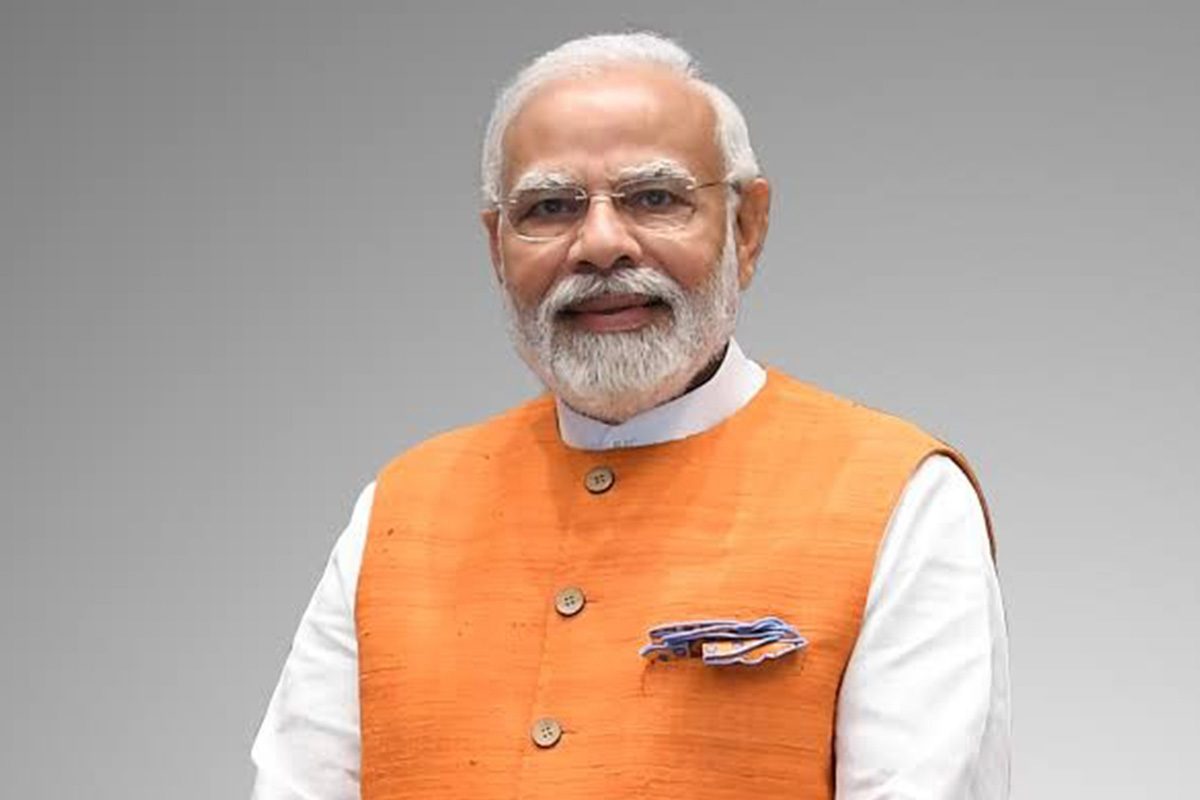NEW DELHI: The Centre has approved the establishment of 7 PM Mega Integrated Textile Region and Apparel (PM MITRA) Parks, allocating Rs. 4,445 crores for these ventures. This initiative is designed to bolster the nation’s textile industry by enhancing operational scale, reducing logistics costs through the consolidation of the entire value chain in one location, attracting investments, generating employment, and boosting export potential.
The scheme aims to create a large-scale, modern industrial infrastructure covering the complete value chain of the textile industry, from spinning and weaving to processing, garments, and machinery industries, with an anticipated investment of nearly Rs. 70,000 crores. After receiving 18 proposals from 13 states, the Centre has finalised the sites for these parks, including Tamil Nadu, Telangana, Gujarat, Karnataka, Madhya Pradesh, Uttar Pradesh, and Maharashtra. Special Purpose Vehicles (SPVs) have already been incorporated in Uttar Pradesh and Gujarat, while the process is advancing in Madhya Pradesh and Tamil Nadu, with initiation underway in other states.
Union Minister of State for Textiles, Darshana Jardosh shared this information in a written reply during a Lok Sabha session. The scheme reflects the government’s commitment to transforming the textile industry, encouraging economic growth, and positioning India as a key player in the global textile market.
PM MITRA parks scheme overview
The PM MITRA Parks Scheme is inspired by the 5F vision of Prime Minister Narendra Modi: Farm to Fibre to Factory to Fashion to Foreign. With an anticipated investment of nearly Rs. 70,000 crores, these parks will be instrumental in creating integrated textile value chains, covering processes from spinning and weaving to processing, dyeing, printing, and garment manufacturing—all within a single location.
Site selection and special purpose vehicles (SPVs)
After reviewing 18 proposals from 13 states, the Centre has finalised seven sites for PM MITRA Parks. These sites include Tamil Nadu (Virudhnagar), Telangana (Warangal), Gujarat (Navsari), Karnataka (Kalaburagi), Madhya Pradesh (Dhar), Uttar Pradesh (Lucknow), and Maharashtra (Amravati). The incorporation of Special Purpose Vehicles (SPVs) is already underway in states like Uttar Pradesh and Gujarat, while the process is in advanced stages in Madhya Pradesh and Tamil Nadu.
Objectives and Vision
The overarching objective of the PM MITRA Parks Scheme is to establish a large-scale and modern industrial infrastructure that encompasses the entire value chain of the textile industry. This includes facilities for spinning, weaving, processing, garments, textile manufacturing, processing, and printing machinery. By creating world-class industrial infrastructure, the scheme aims to attract cutting-edge technology, boost foreign direct investment (FDI), and encourage local investments in the sector.
PLI scheme and National Technical Textile Mission (NTTM)
The government’s commitment to revitalising the textile industry is further evident in the approval of the Production Linked Incentive (PLI) Scheme, with an outlay of Rs. 10,683 crores. This five-year scheme seeks to promote the production of MMF Apparel, MMF Fabrics, and Technical Textiles.
Also Read: Mass burial: 87 Kuki-Zo victims laid to rest in Churachandpur
Additionally, the National Technical Textile Mission (NTTM) has been launched with an outlay of Rs. 1,480 crores, focusing on research, innovation, development, promotion, market development, education, training, skilling, and export promotion in the technical textiles sector.
Bharat Tex 2024—A global textile mega-event
Looking ahead, the textile industry is gearing up for the BHARAT TEX 2024—a global textile mega event scheduled from February 26-29, 2024, in New Delhi. Organised by a consortium of 11 Textile Export Promotion Councils and supported by the Ministry of Textiles, this event promises to be a unique convergence of tradition and technology, featuring sustainability, recycling, and discussions on resilient global supply chains.
As the Centre spearheads these transformative initiatives, the textile sector is poised for a paradigm shift, ensuring sustained growth, global competitiveness, and job creation in the years to come.








